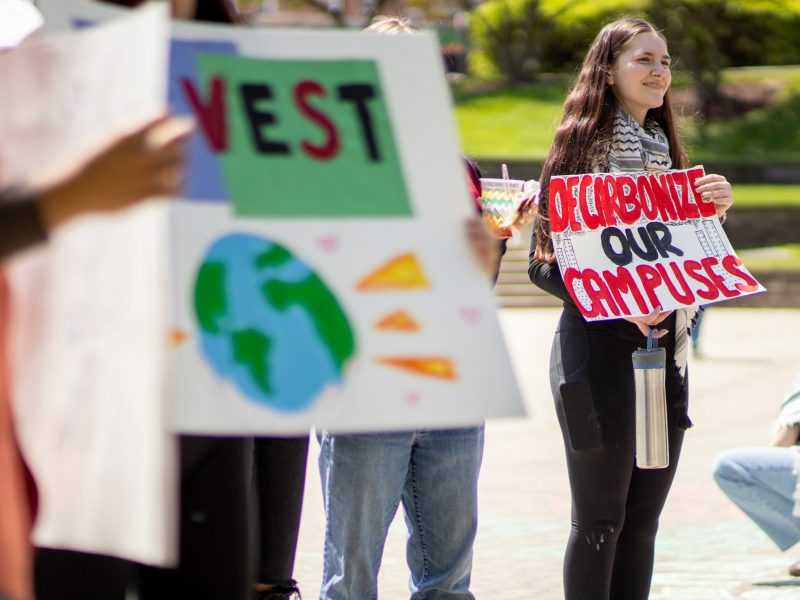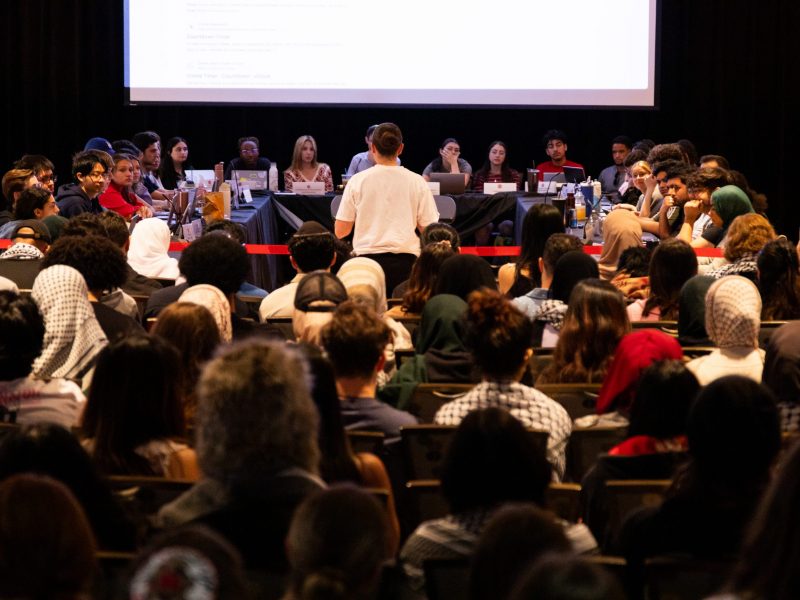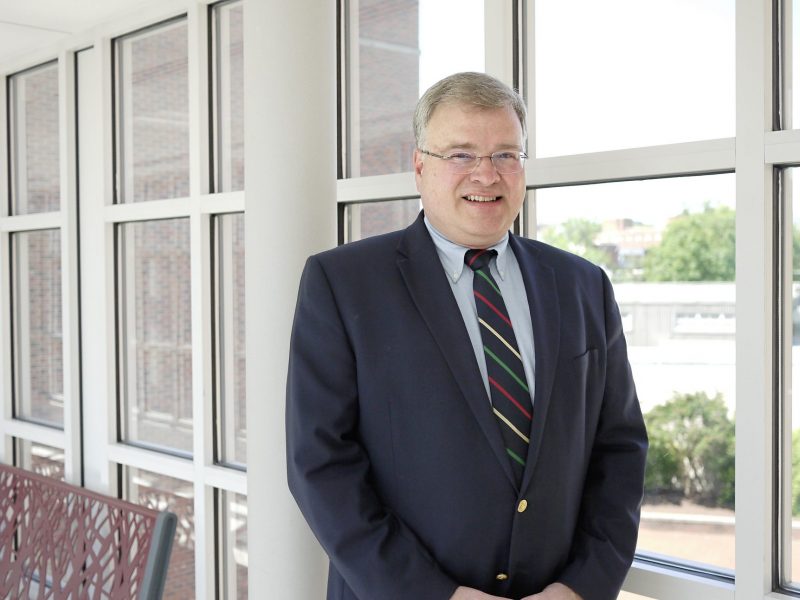The GSG adopted a resolution late last week that supports any legislation protecting undocumented and Dreamer students at the University of Maryland.
The resolution passed with no abstentions and one dissenting vote.
Passing the resolution “allows the [Graduate Student Government] to act on the behalf of graduate students to advocate in support of DACA students on this campus,” said mathematics doctoral student Arijit Sehanobish, who wrote the proposal with GSG President Stephanie Cork. “I felt it was the most vulnerable people who are being attacked [by President Trump’s administration].”
President Trump promised during his campaign to repeal DACA, one of former President Barack Obama’s executive orders that protects undocumented immigrants who were brought to the U.S. as children from being deported. The order, signed in 2012, also allows those who qualify to work and study in the U.S. for two-year increments.
The GSG already passed legislation last semester in support of these students. In this new resolution, the GSG pledged it would provide free resources to DACA students — there are 113 of them at this university as of fall 2016 — if those students were to lose their status under the new Trump administration.
The GSG is also trying to get answers from this university’s administration as to what they will do if Trump signs a directive ordering sensitive information about undocumented students to be handed over to the government without a subpoena, Sehanobish said. It will work with this university’s administration as well as with the University of Maryland Police to protect undocumented students, the resolution stated.
“I don’t know that there’s anything the university could be doing that they already aren’t doing,” said Michael Levy, a senior film studies major. He added based on Trump’s rhetoric that he thinks undocumented students at this university are certainly threatened by the Trump administration, but noted that this university is working to protect those students.
The Student Government Association and University Senate passed legislation supporting undocumented students along with GSG after Trump’s election. The SGA intends to vote in favor of a University of Michigan bill supporting DACA students at a Big Ten conference next month, and SGA President Katherine Swanson signed an open letter in mid-January from student leaders across the country calling on Trump to “uphold and continue DACA.”
ProtectUMD, a group of student organizations at this university, also issued a series of demands to university President Wallace Loh and the administration in late November. One of those demands was to make this campus a sanctuary campus that would protect undocumented students from being turned over to Immigration and Customs Enforcement. Trump signed an executive order on Jan. 25 that would strip federal funds from sanctuary cities.
Loh responded to the demands in a letter addressed to the campus community Thursday. He opposed the demand to designate this university as a sanctuary campus — in part because there are already policies in place to protect undocumented students from prosecution by federal authorities.
Prince George’s County is one of the three Maryland jurisdictions that are following sanctuary city policies. County and College Park officials have said they have no intentions of stepping away from such protocols.
Moving forward, GSG plans to ask this university’s administration to be more definitive and clear on how it intends to protect undocumented students, Cork and Sehanobish said. It also has plans to address actions and executive orders that the Trump administration will enact, including Trump’s recent immigration ban, Cork said. The executive order bars citizens from seven predominantly Muslim countries for 90 days, and refugees for 120 days.
“There’s a lot more that can be done at the administration level,” Cork said. “There hasn’t been lot of feedback from the administration.”
Loh wrote in a statement Sunday that he remains concerned with Trump’s actions against immigrants.
“The potential for negatively impacting the educational and research missions of our campus is significant,” Loh wrote. “It is in America’s national interest that we continue to welcome talented individuals of all nations to study, teach, and do research here.”


